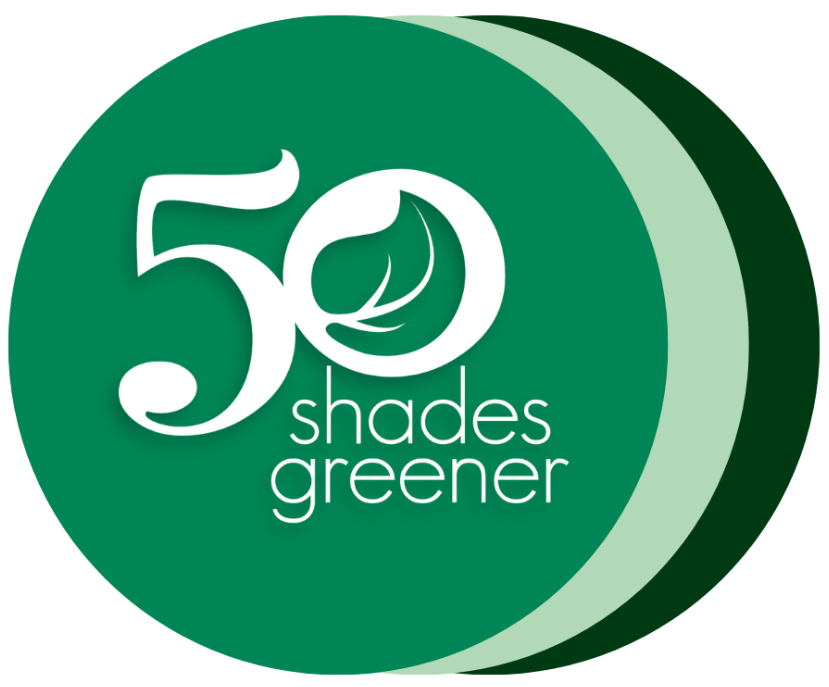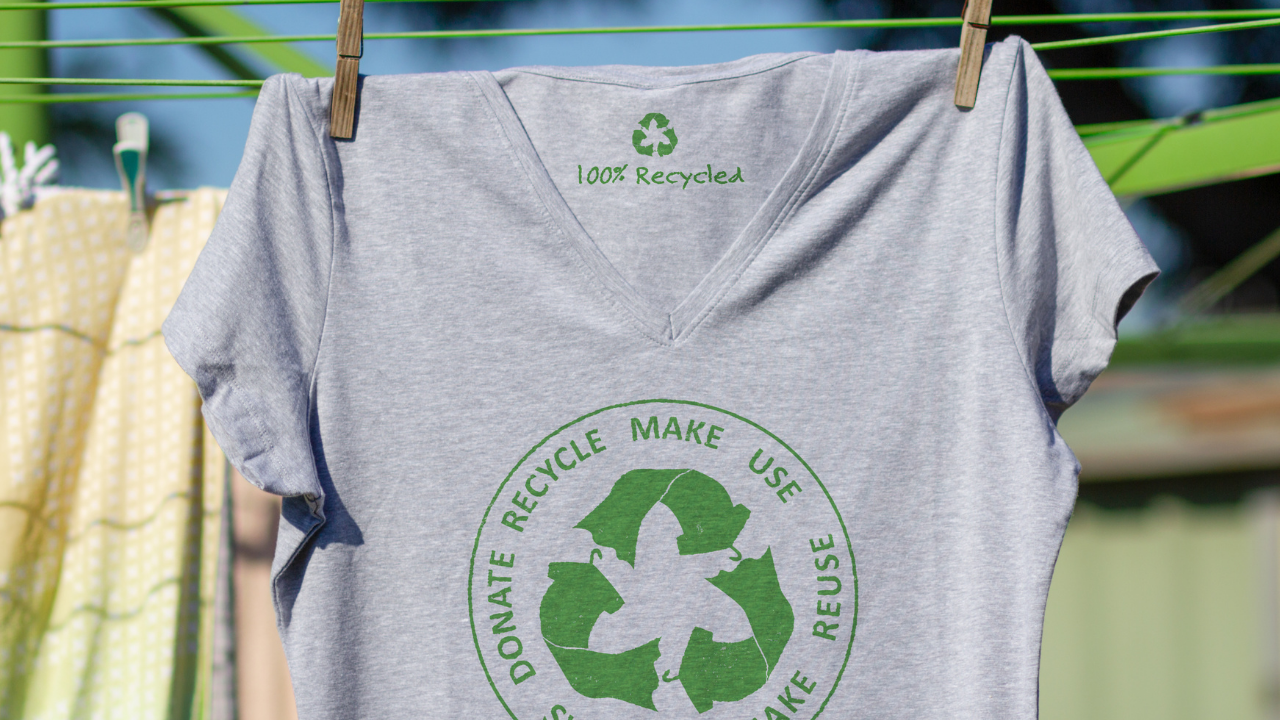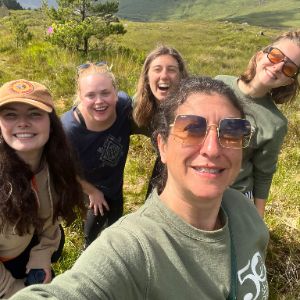The linear economy or “take-make-use-waste” model is being exposed for its severe negative consequences environmentally.
Society is realising that our systems are no longer serving us. On our current trajectory worldwide, waste generation will have increased by 70% by 2050 – that’s 3.4 billion met...
As defined by the European Parliament;
“The circular economy is a model of production and consumption, which involves sharing, leasing, reusing, repairing, refurbishing and recycling existing materials and products as long as possible. In this way, the life cycle of products is extended.”
The driv...
At the end of May, our team organised an online event called ‘Generation Tomorrow’ for students in Co. Wicklow and in Nigeria.
The students presented their research and findings on two topics - food waste and water.
Of course we expected differences and this is what made it such a valuable and ins...
Last month, we were delighted to officially launch our environmental education programme for secondary schools here in Ireland.
Since the launch, we have been lucky to engage with these students and create a space where we encourage them to ask us anything that may be causing anxiety in regards to ...
What statement is more impactful to you?
-
If you turn off your tap while brushing your teeth you will save water.
-
By turning off the tap while brushing your teeth, you and your family could save 14,600 litres of water every year! Imagine if every other home did the same?
...




